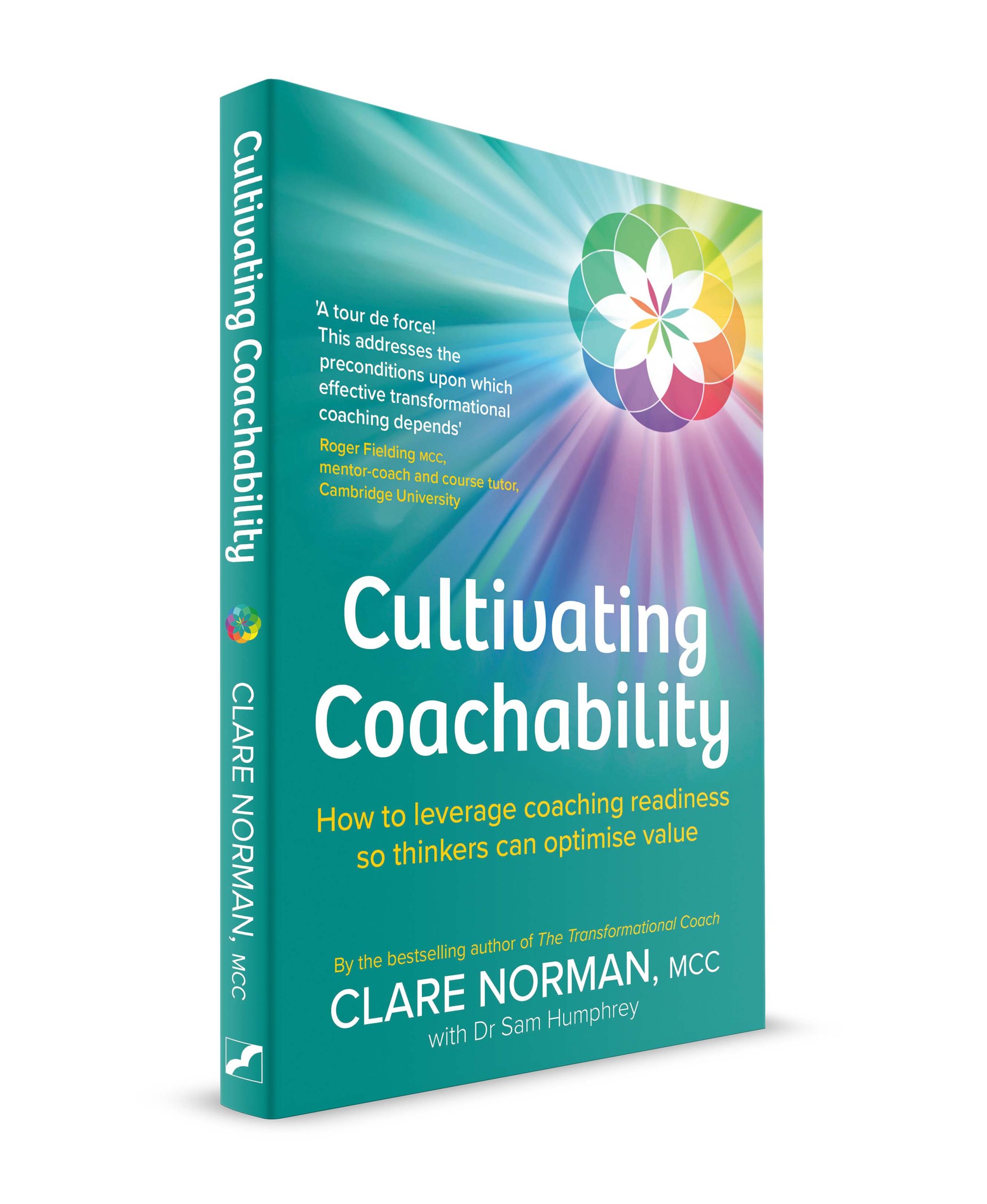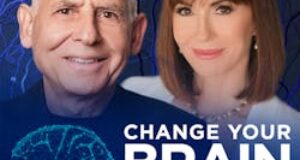
By Clare Norman, author of ‘Cultivating Coachability’
Consulting, mentoring, teaching – none of these is the same as coaching. Coaching requires you, the person being coached, to do the hard work of thinking. Like the saying about not having a dog and barking yourself, you may wonder why you would pay someone only for you to do the thinking for yourself. But here’s the thing: a solution that works for someone else will not work for you. Your ways of seeing the world require something tailor-made for you.
Off-the-peg doesn’t work
If there was a one-size-fits all answer, you would be able to find that on the internet with a quick search. And for some problems, that might serve you. No need for a coach at all in that instance.
But for the thornier issues, you will need to understand yourself first, what makes you tick, what your needs are and what you want from life and work, related to the presenting issue.
The coach’s role is to enable you to explore the territory of all of these questions and then to support you to customise ways forward that take that new knowing into account. Your coach will enable you to access your own inner wisdom. Not because they are being difficult, but because they know that you are more likely to follow through when you have found a way forward that is bespoke for you.
Think about it: when someone tells you what to do, how committed are you to taking action? You might make a half-hearted attempt at whatever it is, but you’ll likely find yourself saying that this doesn’t quite fit with who you are or what you value. You may not articulate it in that way, but that may be what’s going on inside that stops you from making progress.
I see the difference it makes when people learn for long-term sustainable growth through the hard work of thinking for themselves.
No magic formula
If you are signing up for coaching, know this: there is no pixie dust that will magically make things better once you have described the problem to your coach.
You are responsible for the thinking, sensing, feeling that will lead you to new awareness.
You are responsible for stepping up, whatever that looks like for you.
You are responsible for the outcomes.
Be prepared for digging deep. Not therapeutically deep – that requires a different skillset. But deep none-the-less: looking at what’s working, what’s not, how you feel about that, what you value, your beliefs (limiting or otherwise) and much more. It’s a space to be vulnerable if you want to get the most out of it.
You create value in coaching, not your coach. Your coach will support and challenge you to catalyse that value but ultimately, you need to be willing to make self-determined changes. You won’t be forced to do anything you don’t want to do, but there is no point in investing your precious time and money if you don’t intend for something to be different.
First comes the thinking
You will be required to think and feeling and sense. This is not an intellectual exercise, but rather an exercise in accessing all of your multiple intelligences, as that’s where your wisdom is hiding.
This might sound a little scary. And you will need to be a bit brave. But your coach will be by your side, helping you to tap into that courage. Courage to discover who you want to be to the world. This work is from the inside out. And it is a partnership where you take responsibility for the thinking and your coach takes responsibility for creating the space within which you can do your best thinking.
Your coach can’t make you come to coaching though – you will need to set the time aside to give it your full attention both in the coaching sessions and in between times.
Coaching for the right reasons
Don’t come to coaching because you feel you should. Come because you want to.
Don’t come to coaching because your boss wants you to work on something. Come because you want to work on something – whether that is the same or different from what your boss wants. Your coach can help you to get clear on what that something might be, but have some idea about that before you start.
Don’t come for coaching if you see it as more socially acceptable to be working with a coach than a therapist. If therapy is the better fit for your needs right now, invest in therapy instead (or alongside coaching).
In summary, your mindset for coaching means that you must be willing and able to:
- embrace your role as thinker in the coaching process (to think)
- move beyond known thinking to new thinking
- find answers that fit your unique needs, personality and context rather than a one size fits all
- believe in your capacity to be creative, resourceful and whole
- use your head, heart and gut to access new thinking
- experiment in coaching and outside of it
- focus on yourself and who you wish to be, not just the problems you need to solve.
Assuming you meet the above criteria, work out how you can feed your brain in ways that enable you to think at your best:
- Eat brain-friendly foods (see Lisa Mosconi 2019)
- Drink plenty of water to keep your brain hydrated
- Get out into green spaces to restore your attention
- Oxygenate your brain through regular exercise
- Get quality sleep (see Michael Mosley 2023)
- Manage your stress levels (which might be part of the coaching anyway) (Dana Alan Koch 2024)
- Balance your use of technology to enhance your ability to think.
And logistically:
- block time on both sides of a coaching session, to prepare mentally and physically, and to reflect
- turn up on time, every time to make the most of the time
- switch off distractions in the coaching session
- carve out deep thinking time in your diary, over and above the coaching.
This is how you will get the best return on your investment in coaching: recognising that your role is to think and boost your brain’s and your body’s capacity to think.
ABOUT THE AUTHOR
Clare Norman is author of ‘Cultivating Coachability’ (to be published October 2024) and founder of Clare Norman Coaching Associates. Clare is a Master Certified Coach (MCC) with the International Coaching Federation (ICF), a Master Mentor Coach and a Certified Coach Supervisor. She has a Masters in Training and has received multiple awards for ground-breaking leadership development. For over 25 years, Clare has focused on maximizing individual, team, and organisation effectiveness, enabling people to express their needs, in service of a more caring world. Clare’s two previous books are ‘The Transformational Coach (2022)’ and ‘Mentor Coaching: A Practical Guide (2020)’. For more information see: https://clarenormancoachingassociates.com/
References:
Mosconi, L (2019) Brain Food: How to eat smart and sharpen your mind. Penguin Life.
Mosley, M (2023) 4 Weeks to Better Sleep: A life-changing plan for deep sleep, improved brain function and feeling great. Short Books.
Koch, D A (2024) ‘Principles to make learning brain-friendly’. Association of Talent Development. URL: td.org/td-at-work-guide/principles-for-brain-friendly-learning




